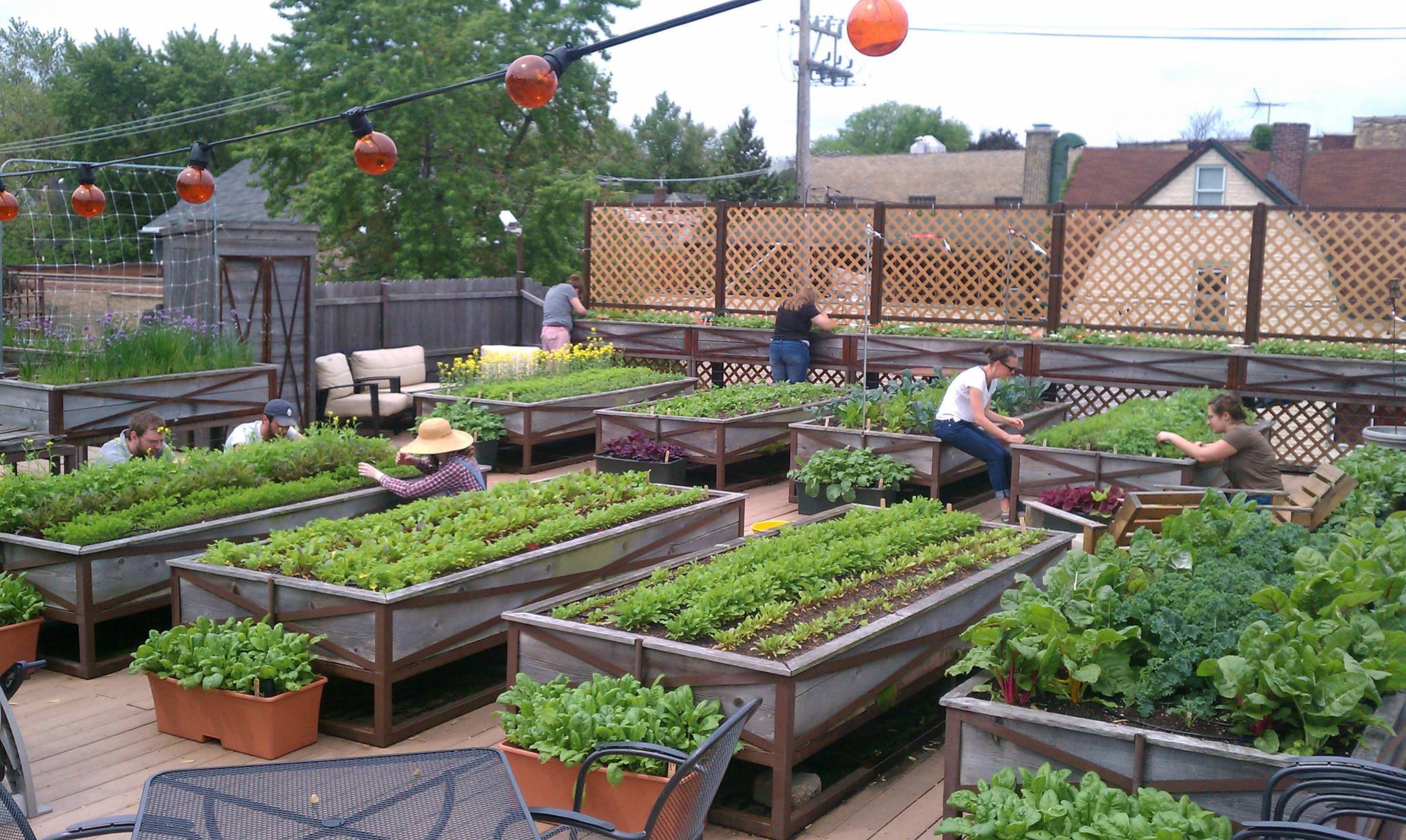2 min read
164 Views
Editorial Staff
Rooftop Vegetable Gardening Guide
A rooftop vegetable garden has no big difference from any other vegetable garden but has some notable exceptions such that [...]
A
rooftop vegetable garden has no big difference from any other vegetable garden but has some notable exceptions such that a rooftop garden has advantages and challenges that a ground garden does not. Note that each rooftop can be suitable for a vegetable garden no matter how small. Therefore, even if you are a small time gardener, you can still set up a roof garden and get to benefit from it. When growing vegetables on the rooftop, you have various options at your disposal. For instance, you can decide to grow the plants in containers. However, remember that growing vegetables on the rooftop is more versatile than one might think.
A rooftop vegetable garden can produce an adequate supply of vegetables for an urban gardener while eliminating the challenges of a large garden. However, a rooftop garden has challenges of its own. Common problems associated with plot gardens such as enough sunlight, snails, slugs, pests, and insects are usually not a big deal in a rooftop vegetable garden. However, factors such as the wind and too much sunlight can pose a challenge to your rooftop vegetable garden.
Wind.
Note that the higher the garden is located, the more likely it will be exposed to stronger winds. Too much wind can be quite harmful to vegetables. The Wind blows away moisture from the plants and the containers. Therefore, when setting up your rooftop garden, always choose vegetables that can tolerate the wind. Also, make sure to secure the light containers to make sure that they are not blown away. Strong winds may also break the plants. To protect your plants, find objects such as woven reed to stifle the wind.
Sunlight.
All vegetables demand sunlight. Unfortunately, the rooftop has too much sunlight exposure and the amount that the plants receive exceeds the optimum level. Vegetables in a rooftop garden can get sunburned, and water often evaporates too fast. The best way to protect your precious vegetables is by using shade screens and shade cloths. It is advisable always to check on your rooftop vegetable garden three times a day to make sure that they are not being scorched by the sun.
[Photo: laurensthoughts.com]



